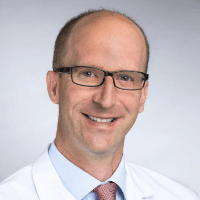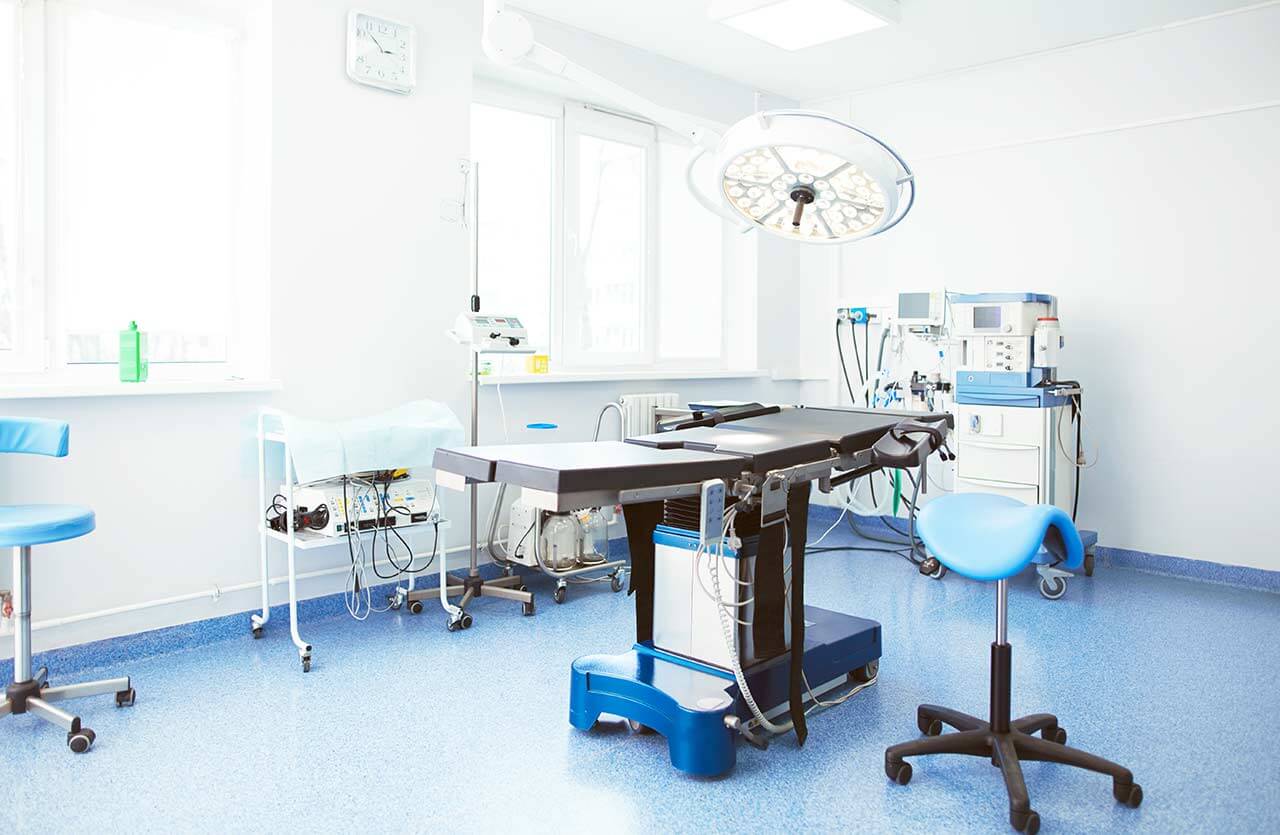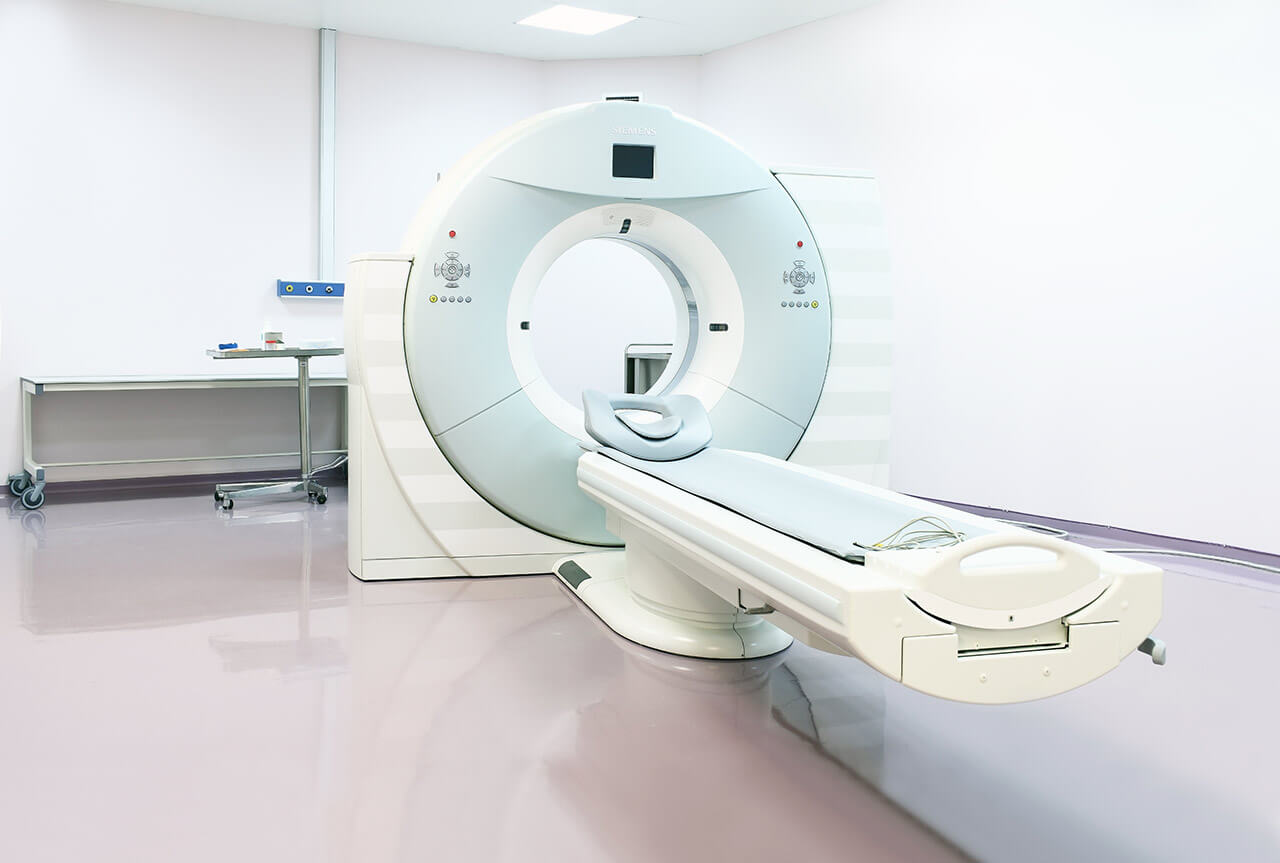
The program includes:
- Initial presentation in the clinic
- clinical history taking
- review of medical records
- physical examination
- laboratory tests:
- complete blood count
- biochemical analysis of blood
- thyroid function test (TSH-basal, fT3, fT4)
- mineral metabolism analysis (Na, K, Ca, Mg)
- lipid metabolism (HDL/LDL, cholesterol, triglycerides,
Lip(a), homocysteine) - iron content (ferritin, iron)
- blood coagulation analysis (aPTT, PT, INR)
- metabolic status (uric acid, total glucose, HbA1c)
- inflammatory parameters (CRP, ESR)
- cardiovascular disease risk markers
- lung function test (Spirometry)
- resting and exercise ECG
- Holter monitoring (24h)
- color doppler echocardiography
- transesophageal echocardiography (tee)
- color doppler sonography of cerebral vessels
- treatment with pericardial drainage
- symptomatic treatment
- control examinations
- the cost of essential medicines and materials
- nursing services
- full hospital accommodation
- explanation of future recommendations
- written statement
Required documents
- Medical records
- Echocardiography (if available)
Service
You may also book:
 BookingHealth Price from:
BookingHealth Price from:
About the department
The Department of Cardiology at the Hirslanden Clinic Aarau offers the full service range in the field of its competence and specializes in the diagnostics, treatment and monitoring of patients with heart diseases. A special focus in clinical practice is on the treatment of angina pectoris, heart valve diseases, heart defects, arrhythmias and acute coronary syndrome. The department is headed by PD Dr. med. Laurent Haegeli.
The team of the department's doctors provides both drug therapy and invasive therapeutic procedures within 3 progressive Cardiac Catheterization Laboratories. The department employs a highly professional team of doctors with extensive clinical experience, as well as with the certification in accordance with the requirements of the Swiss Medical Association (FMH), who work for the benefit of their patients.
To establish an accurate diagnosis, the department has all modern technical resources, including imaging diagnostic systems. The diagnostic options include stress and resting ECG, 24-hour ECG monitoring, 24-hour blood pressure monitoring, echocardiography (transthoracic and transesophageal), stress echocardiography, 3D mapping, coronary angiography, diagnostic cardiac catheterization.
The therapeutic options of the department include:
- Medical care in acute coronary syndrome
- Coronary artery balloon dilatation
- Coronary artery stent implantation
- Implantation of pacemakers for the treatment of arrhythmias
- Implantation of defibrillators for the treatment of heart arrhythmias
- Radiofrequency catheter ablation for the treatment of heart arrhythmias
- Drug therapy and conservative treatment of chronic heart failure
- Other medical services
Curriculum vitae
Clinical Interests
- Heart rhythm disturbances (heart arrhythmias).
- Catheter ablation.
- Implantation of pacemakers and defibrillators.
- Cardiac resynchronization therapy.
Professional Career
- Since 2018 Chief Physician of the Department of Cardiology, Head of the Section of Electrophysiology, Cantonal Hospital Aarau.
- 2014 - 2017 Head of the Department of Invasive Electrophysiology, Heart Center, University Hospital Zurich.
- 2009 - 2014 Senior Physician, Department of Cardiology, Heart Center, University Hospital Zurich.
- 2008 - 2009 Senior Physician of the Department of Rhythmology, Hirslanden Clinic, Zurich.
- 2003 - 2004 Assistant Physician, Department of Cardiology, Heart Centre Bad Krozingen at the University Hospital Freiburg.
- 2002 - 2003 Assistant Physician, Department of Cardiology, University Hospital Basel.
- 2000 - 2002 Assistant Physician, Heart Center at the University Hospital Zurich.
- 1998 - 2000 Assistant Physician, Department of Internal Medicine, Cantonal Hospital Aarau.
Higher Education and Postgraduate Training
- 2012 Habilitation in Cardiology and Venia Legendi, University of Zurich.
- 2007 - 2008 Scholarship in Interventional Cardiology, Royal Jubilee Hospital and Victoria Heart Institute Foundation, Victoria, Canada.
- 2005 - 2008 Invasive Cardiology Scholarship, Royal Jubilee Hospital and Victoria Heart Institute Foundation, Victoria, Canada.
- 2005 - 2008 Lecturer, University of Victoria, British Columbia.
- 1998 Doctoral thesis defense, University of Basel.
- 1997 State Medical Examination.
- 1995 - 1997 Study of Medicine at the Faculty of Medicine, University of Basel.
- 1994 - 1995 Scholarship, Pitié-Salpêtrière University Hospital, Paris.
- 1991 - 1994 Study of Medicine at the Faculty of Medicine, University of Basel.
Memberships in Professional Societies
- Basel Medical Association.
- Swiss Medical Association (FMH).
- Zurich Society of Cardiology.
- Swiss Society of Cardiology.
- Working Group on Pacemakers and Electrophysiology of the Swiss Society of Cardiology.
- Working Group on Heart Failure of the Swiss Society of Cardiology.
- European Society of Cardiology.
- European Heart Rhythm Association.
- Heart Failure Association.
- Canadian Cardiovascular Society.
Photo of the doctor: (c) Hirslanden AG
About hospital
The Hirslanden Clinic Aarau enjoys the status of one of the largest and most successful private medical facilities in Bern and Zurich. The clinic is part of the Hirslanden Network known in Europe, which is a provider of first-class medical services in Switzerland.
The main areas of specialization of the clinic in Aarau include cardiology, cardiac surgery, abdominal surgery, urology, oncology, neurosurgery, spinal surgery and orthopedics. The Department of Obstetrics annually delivers more than 700 babies. The high professionalism of the clinic’s medical staff, as well as the excellent technical base, make it possible to successfully cure not only common pathologies, but also very complex clinical cases.
All efforts of doctors and nursing staff of the clinic are focused on meeting the needs of patients and best possible restoration of their health. The work with patients is based on an individual approach to each clinical situation. The clinic has 155 beds for inpatient treatment. The surgical treatment is provided in 7 operating rooms with all the necessary surgical instruments, computer monitoring systems, navigation devices, robot-assisted systems for sparing laparoscopic operations.
Since 2010, the clinic introduced a unified quality management system, which includes all clinics in the Hirslanden Network. The clinical performance indicators and patient reviews are provided in the annual reports available to all those who want to see them. At the moment, the clinic rating is 8.9 out of 10 possible points – based on patient reviews. The clinic is also the first and only health facility in the canton of Aargau, which medical services were certified in accordance with the new ISO 2016 standards.
Photo: (с) depositphotos
Accommodation in hospital
Patients rooms
The patients of the Hirslanden Clinic Aarau live in cozy rooms equipped with everything necessary for a comfortable stay in the hospital. Each patient room has an ensuite bathroom with shower and toilet. The standard patient room includes an automatically adjustable bed, a bedside table, a wardrobe with lockers for storing personal belongings, a hairdryer, a table and chairs for receiving visitors, a TV and a radio. The patient rooms also have Wi-Fi access. If desired, the patients can live in enhanced-comfort patient rooms, which are additionally equipped with a safe, a refrigerator and upholstered furniture.
Meals and Menus
The patient and the accompanying person are offered a daily choice of three menus. If you are on a specific diet for any reason, you will be offered an individual menu. Please inform the medical staff about your dietary preferences prior to the treatment.
Further details
Standard rooms include:
Religion
The religious services can be provided upon request.
Accompanying person
During the inpatient program, an accompanying person may stay with the patient in the patient room or at a hotel. Our managers will help you choose the most suitable option.
Hospital accommodation
During the outpatient program, you can live in a hotel at the clinic.
Hotel
During the outpatient program, you can live in a hotel of your choice. Managers will help you choose the most suitable options.



